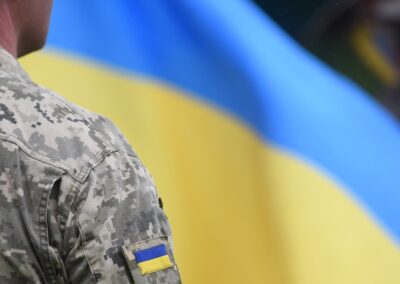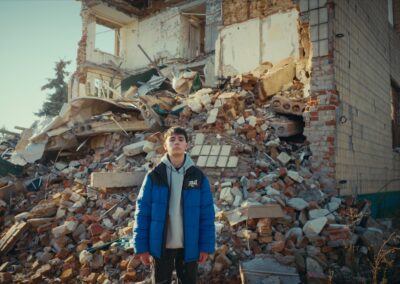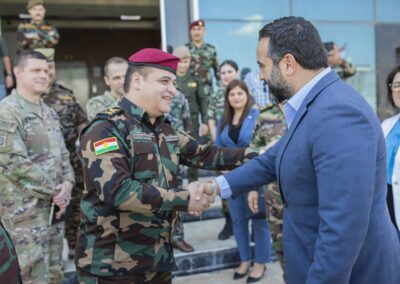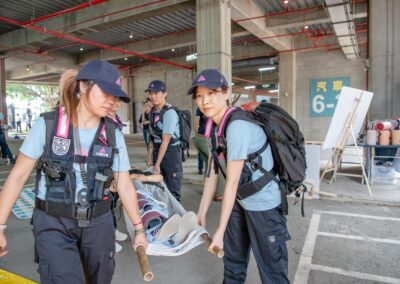Turning on the Lights and Saving Syrian Lives
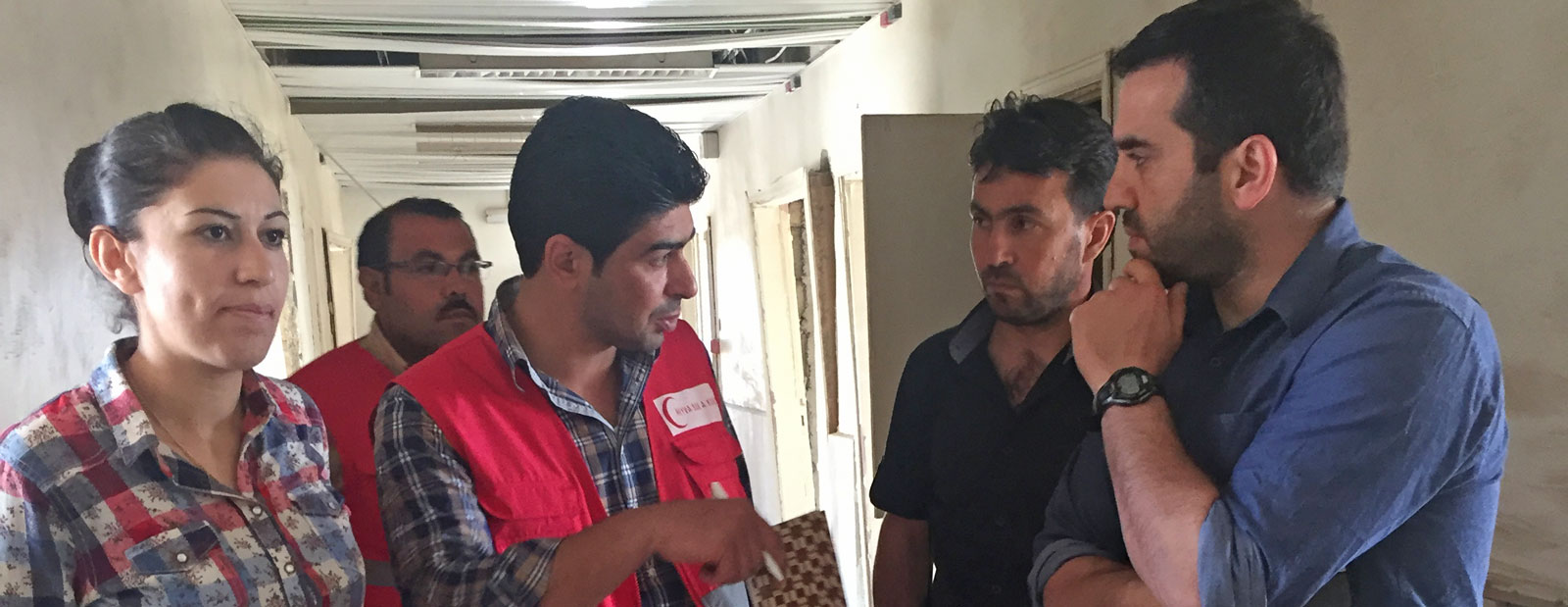
Last month, I wrote about our efforts to provide school supplies and educational materials for Hogir School in Kobani, Syria, in response to needs identified by US personnel. Our work made an impact on the education and lives of hundreds of girls and boys in Kobani—and it strengthened relations between our troops and the surrounding communities. These connections are instrumental for the safety and success of deployed US personnel because of the mutual trust they build. Keeping that in mind, we quickly launched a second project.
Shaddadi is a key administrative center in Al-Hasakah governorate in northeastern Syria, an area that is home to an eclectic mix of Arabs, Assyrian Christians, and Kurds. The municipality of 15,000 sits on the nexus of a complex network of roads linking Syria, Turkey, and Iraq. In February, local forces backed by US troops and air power decisively repelled ISIS from Shaddadi, denying the terrorist organization a crucial supply route and an important base of operations.
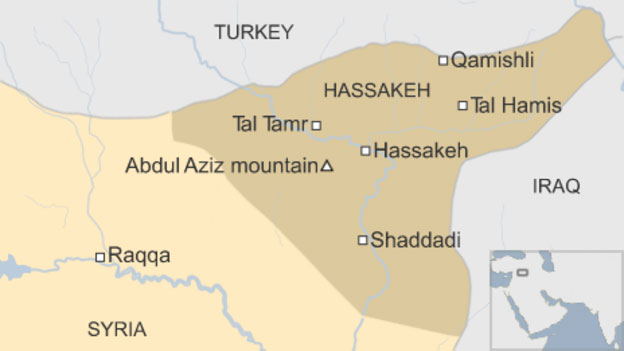
Shaddadi occupies a strategic position in northeast Syria. (credit: BBC.com)
In mid-April, a team of US advisors and traveled to Shaddadi in order to assess the town’s main hospital and explore ways that SoA can help put it back into operation. The battle caused enough damage to render the 300-bed facility powerless to provide meaningful medical care to the surrounding population. An intrepid crew of four doctors and nurses worked out of a dim room on the first floor of the five-story complex.
 ISIS used Shaddadi hospital a fighting position
ISIS used Shaddadi hospital a fighting position
A walk through the building foreshadowed the challenges associated with getting the hospital fully operational. The ceilings were a hodgepodge of dangling, broken, and missing Styrofoam tiles. Shattered glass, crushed rubble, and smashed window frames nearly hid the flooring from view. Stairways and hallways were choked with mangled metal, hanging wiring, and in some areas, fecal matter (ISIS fighters used the hospital as a fighting position). Not surprisingly, many of the walls were riddled with bullet holes.
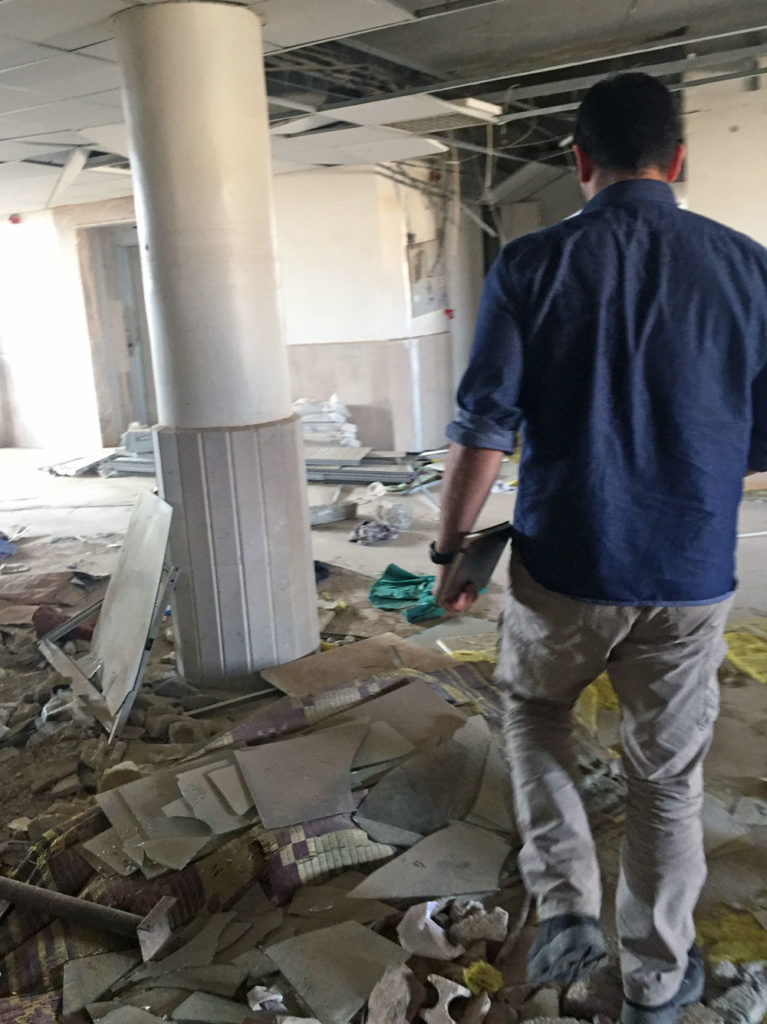
SoA’s Zack Bazzi walking through Shaddadi hospital
Fortunately, the vicious fighting did not compromise the building’s structure. The damage, however grisly, was mostly superficial. The U.S. advisors and the hospital staff relayed numerous needs to me. The most urgent was reliable power. More than anything, the facility required a generator that would allow the staff to provide basic medical care and start the cleanup process.
Given its geographic centrality and multi-ethnic makeup of region, getting Shaddadi’s hospital back up and running carried strategic implications. Turning the lights on in the building so the doctors could provide life-saving care to the population became a top SoA priority.
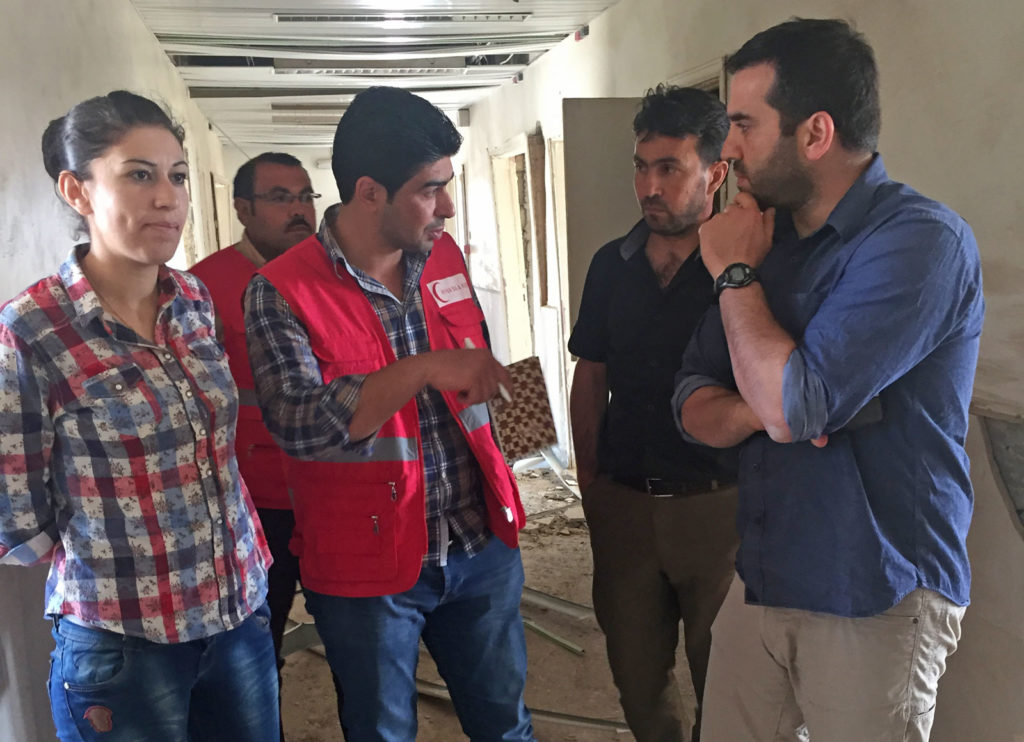
Zack being briefed by hospital staff
Within days, we identified an appropriate generator type that was rugged, efficient, and simple to maintain—all necessary qualities in a war zone. We then worked closely with our military partners to coordinate delivery to Shaddadi. Afterward, we followed up with hospital administrators to ensure they can properly maintain the generator and provide adequate care to the surrounding population.
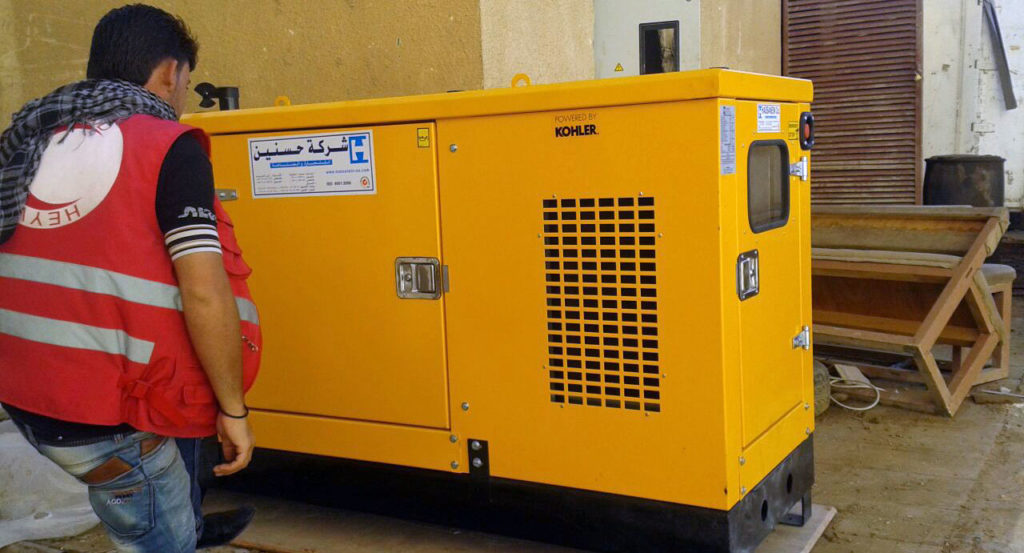 Hospital staff operating the SoA-provided generator
Hospital staff operating the SoA-provided generator
SoA will continue funding and facilitating live-saving projects in northern Syria that directly support the safety and success of American troops deployed there. Jim, Hake, our CEO, recently stated, “Spirit of America’s work in volatile regions of Iraq and Syria dovetails closely with the priorities of our deployed men and women. Moreover, our projects often improve, and in some cases, save the lives of civilians in difficult to access region. We are proud of our accomplishments and look forward to building on them.”
Zack Bazzi
Project Manager – Middle East


